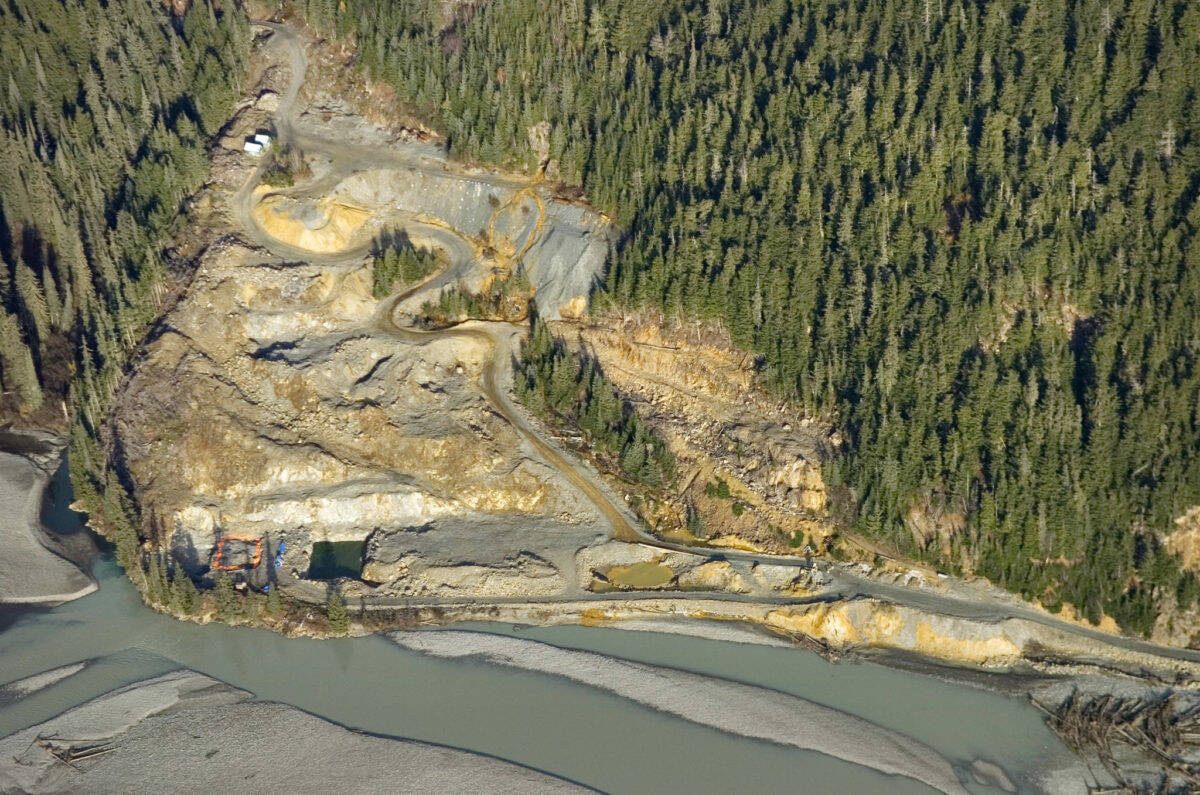The British Columbia mining industry’s opinion piece in last week’s Juneau Empire made great claims about its commitment to “responsible resource extraction” under BC’s supposedly rigorous regulating standards, and cited “consent-based decision-making” under the United Nations Declaration on the Rights of Indigenous Peoples.
In fact, BC’s environmental standards are so “strict” that they permit the Gibraltar Mine to dump up to 6.34 million gallons of untreated tailings effluent directly into the salmon-bearing Fraser River every day between the months of April and November. The mine’s discharge pipe is about 2.5 miles from the fishing grounds of the Esdilagh First Nation.
As it turns out, BC’s rigorous permitting standards are simply a license to pollute. As for “consent-based decision-making,” the Tsilhqot’in Nation’s challenge to the BC permit, and the Esdilagh First Nation’s invoking of Sturgeon Law in 2020, requiring the nation’s free, prior, informed consent for any activities that could impact the river, tell another story.
That story continues over here in Alaska, where DOWA Metals & Mining, the Japanese smelting company and co-owner of Gibraltar Mine, seeks to develop a mine at the headwaters of the Chilkat River with their BC-based partner, Constantine Metal Resources. The Palmer Project would inject wastewater into the ground where it will make its way into the Chilkat River, threatening the downstream communities of Klukwan and Haines, and the salmon and clean water we depend on.
On both sides of the border, the BC mining industry is toxic to our fish and our communities.
•Shannon Donahue of Haines is the upper Lynn Canal organizer at Southeast Alaska Conservation Council. Columns, My Turns and Letters to the Editor represent the view of the author, not the view of the Juneau Empire. Have something to say? Here’s how to submit a My Turn or letter.

